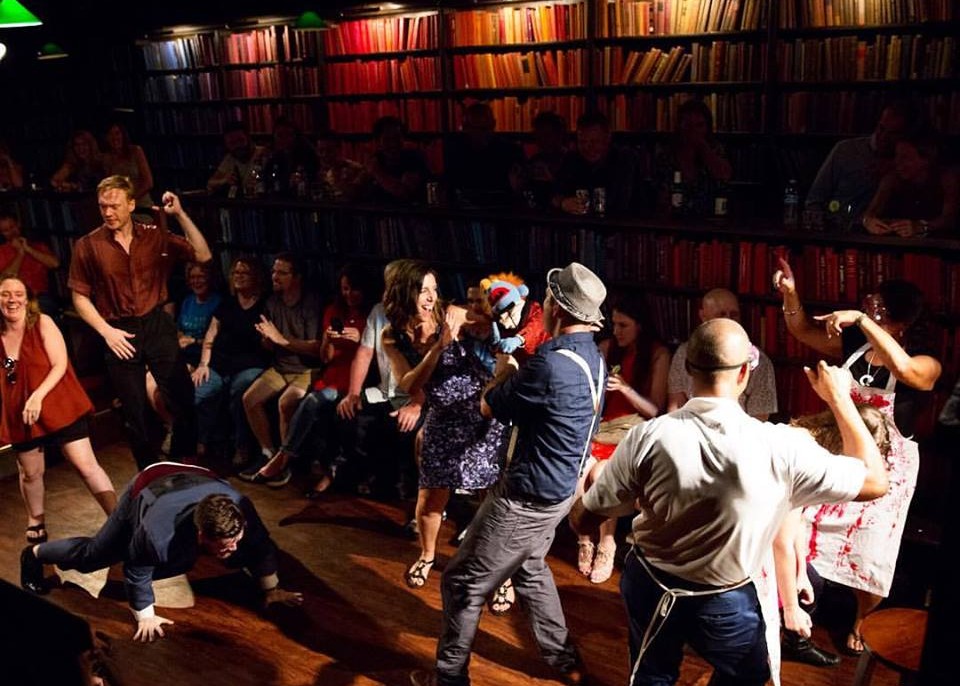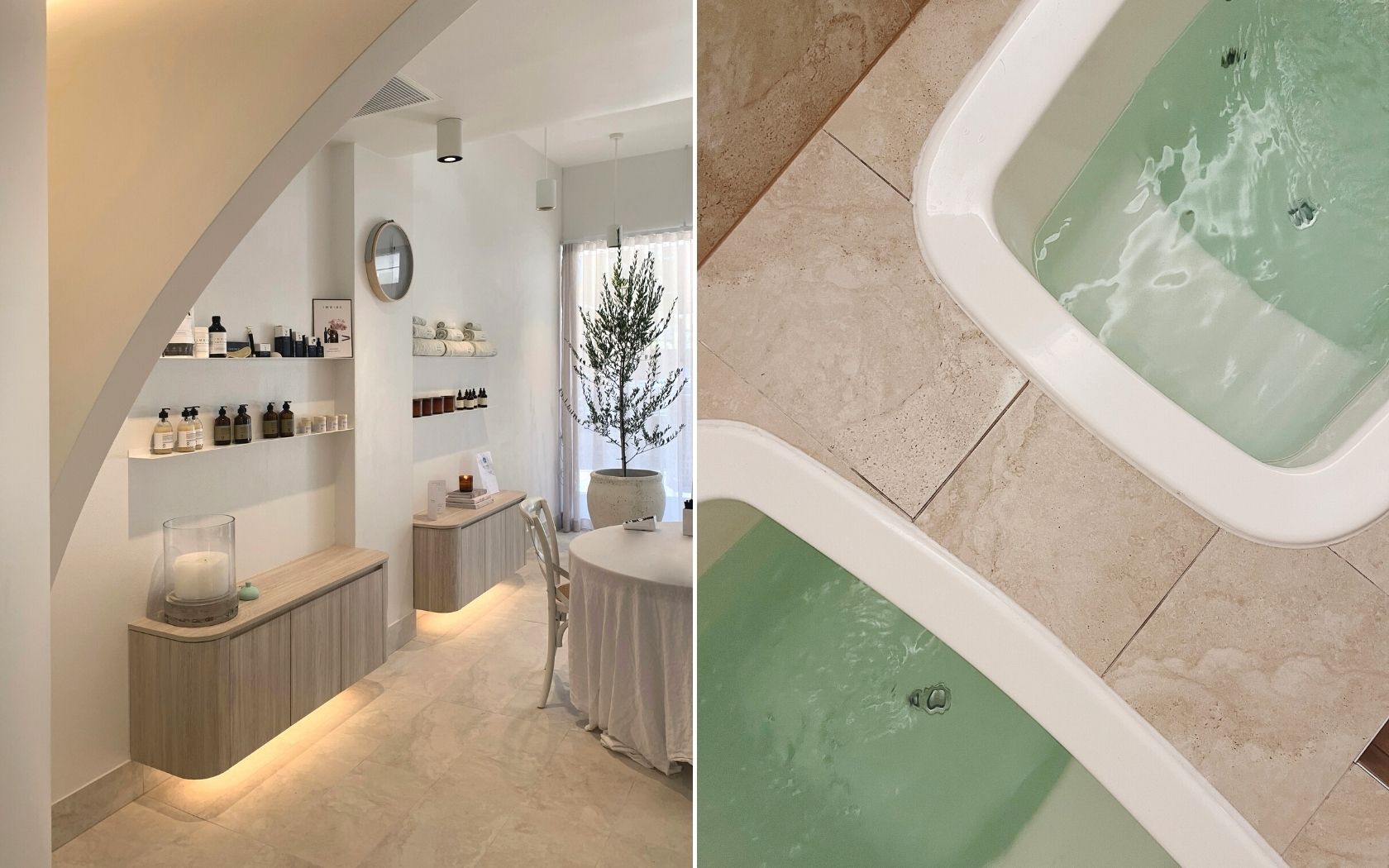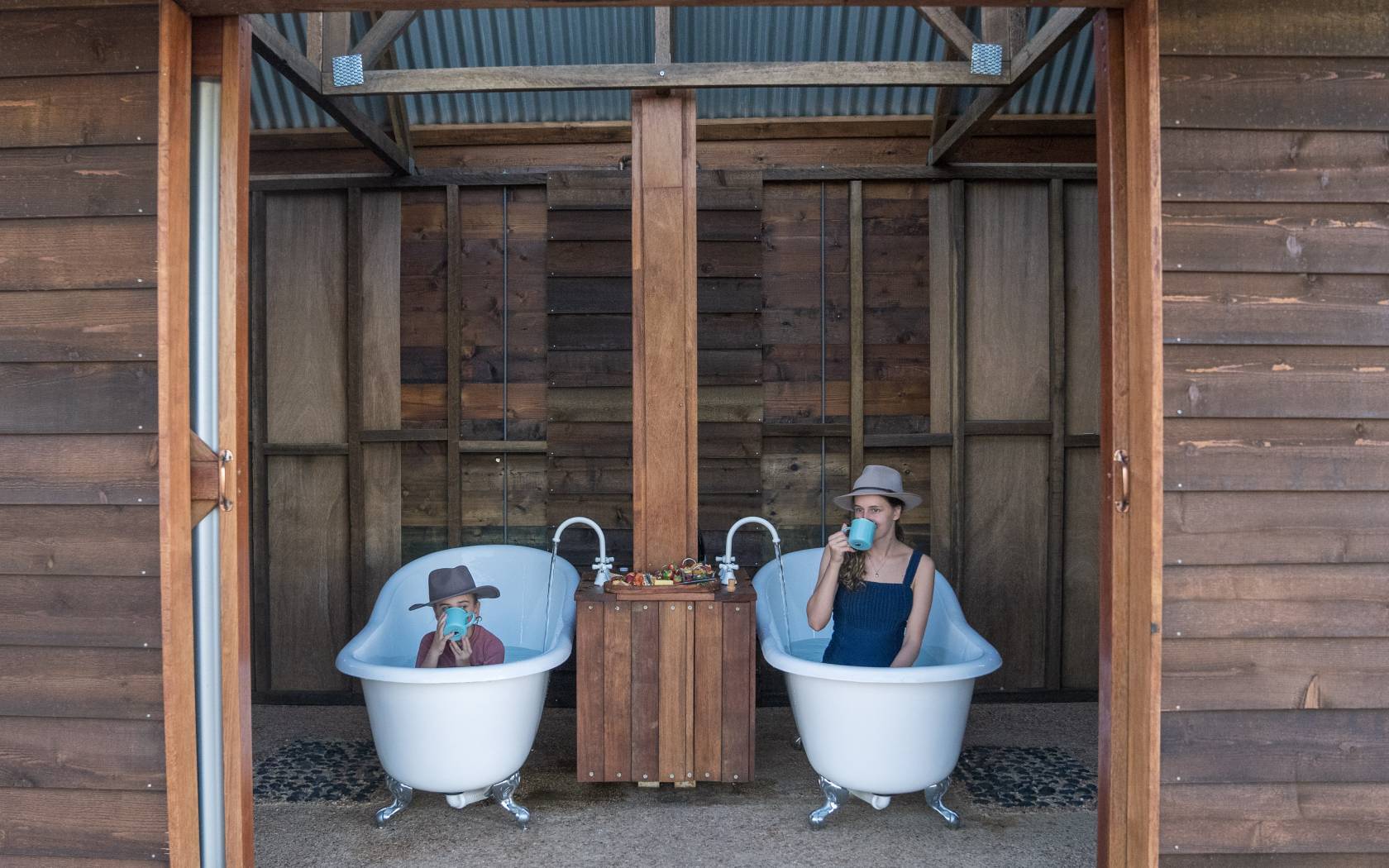The 5 Best Lessons From Health Retreats You Can Apply To Everyday Life
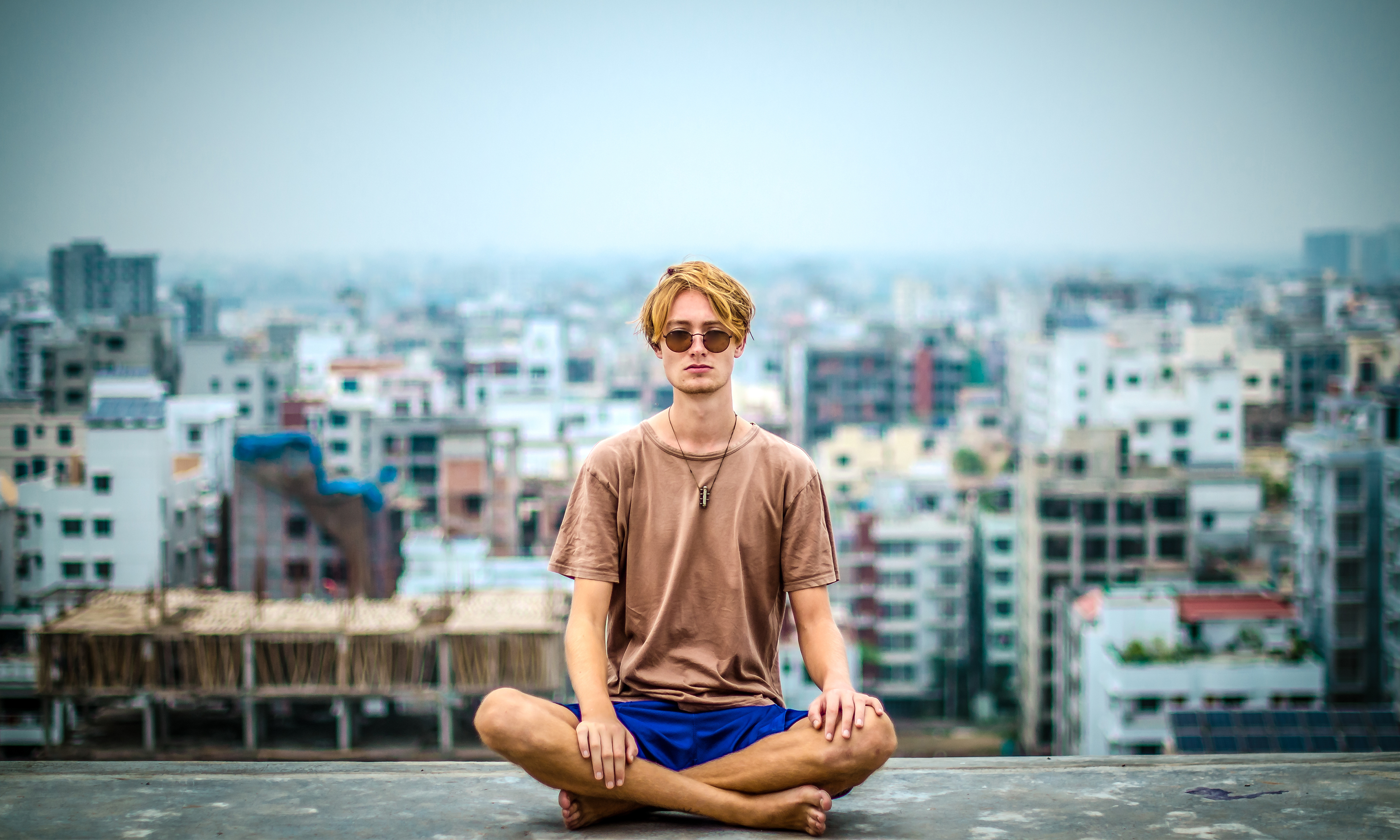
Stress, lack of exercise and overwhelming volumes of information have all conspired to make health and relaxation true luxuries.
But why wait for a holiday to relax, when you can make your whole life a wellness trip? If that sounds boring or expensive, you should know it’s not all oil massages and cucumber eye-patches.
Here are five ways you can take the essence of wellness travel and bake it into your everyday life.[listicle]
Adrenaline and zen cocktail

Also known as “contrast therapy”, the adrenaline-zen cocktail refers to going from periods of high adrenaline to periods of relaxation. You might pair sky-diving, for example, with a spa soak or a massage. The idea is that the contrast between these activities results in a more intense relaxation – a kind of therapeutic mental whiplash.
As more people seek more extreme travel experiences, scientific evidence for the health benefits of post-adrenaline relaxation continues to mount. Turns out variety really is the spice of life.
While it’s probably unfeasible to go sky-diving every fortnight, even activities like zip-lining can give you an appreciable rush of adrenaline. Follow this up with an activity like meditation or gentle yoga, and that magical mental contrast will be yours!
Limiting technology
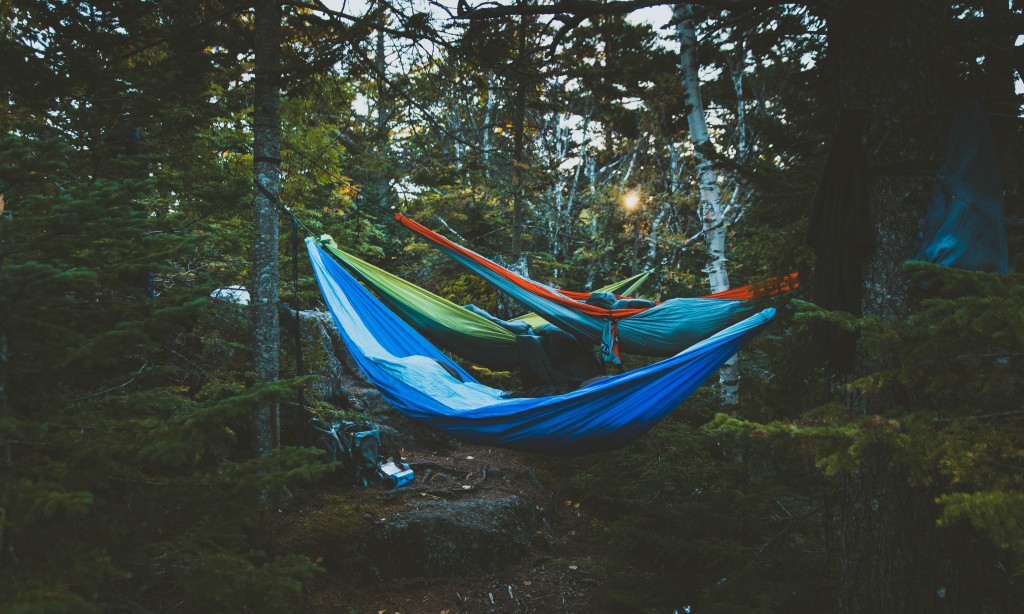
Health resorts often have policies that limit guests’ use of technology. Having your phone constantly on or around your person can put you into a state of hypervigilance, increasing the production of stress hormones and making it impossible for you to relax.
If you’re looking for a way to improve the quality of your downtime, take a leaf out the wellness resort playbook, and put that chirpy little slab on silent.
Ritualising bed-time

Many premium health resorts pay special attention to how their guests end their day. This commonly includes luxurious bedding, aromatherapy, and an extensive menu of herbal teas. There are some great takeaways here for getting better sleep.
First off, your sheets needn’t possess an astronomical thread count to provide you with great sleep; the most important thing is that they’re clean. To this end, having a few sets and changing them often will set you up for solid snoozes.
As for aromatherapy, it might be best to skip candles at bed-time, lest you become so relaxed you doze off and leave an open flame unattended. Instead, try placing some sprigs of lavender around your room; lavender oil is a proven relaxant. If you don’t have access to fresh lavender, you can always get some of the essential oil from a health store, and place a drop or two in a bowl of warm water before bed.
Finally, get yourself a box or two of herbal tea. It doesn’t need to be fancy, as long as it’s caffeine-free, and of a flavour you find drinkable.
Meditating

In today’s world of multitasking and information overload, the ability to focus for longer than a few seconds has become somewhat uncommon. People are becoming increasingly distracted and therefore, increasingly stressed. Which is perhaps why meditative practices have become so widespread in the wellness travel industry.
Meditation is essentially the art of maintaining focus for extended periods of time. It’s kind of like the mental equivalent of doing push-ups; you can think of each period of focus as a single “set”. Gradually, your sets will get longer and longer, and your ability to focus will improve.
Regular meditation has been shown to reduce stress, increase alertness, and improve mental health in various other ways. There’s also evidence to suggest that the practice can lower blood pressure and reduce chronic pain.
Detoxing
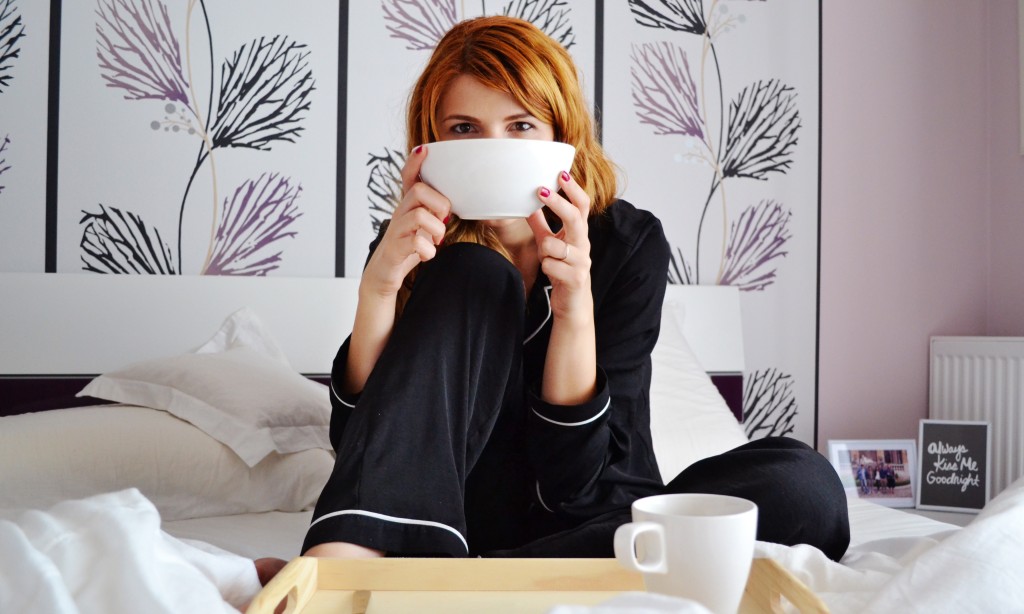
Curbing vices isn’t just for rehab centres. Many wellness resorts encourage guests to limit their intake of caffeine, alcohol and cigarettes, as part of a holistic health regimen. There is a lot to be said for restricting these substances, if only periodically.
While coffee has proven health benefits, it’s easy to OD on the dark elixir, especially if you’re studying. Slowly decreasing your intake can make you calmer, more energetic, and less prone to indigestion.
Giving up alcohol can also have significant health benefits, even if it’s just for a couple of weeks. These include weight loss, improved mood, better sleep and healthier skin.
Remember, though, that the damage alcohol causes to your body is cumulative. There’s no point going sober for two weeks, then bingeing on day fifteen – you’ll just be back where you started! For best results, follow up your sobriety with moderation.[/listicle]



